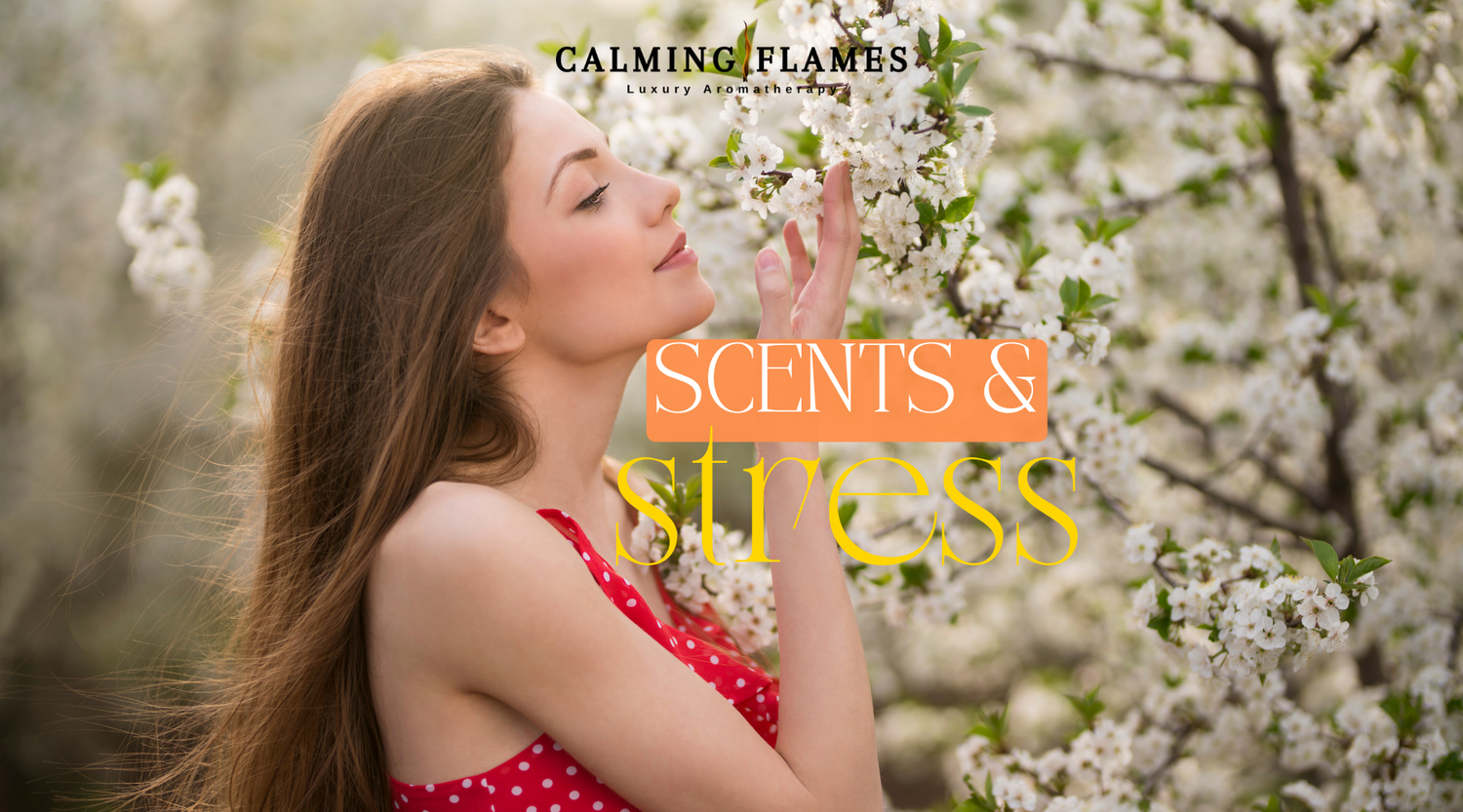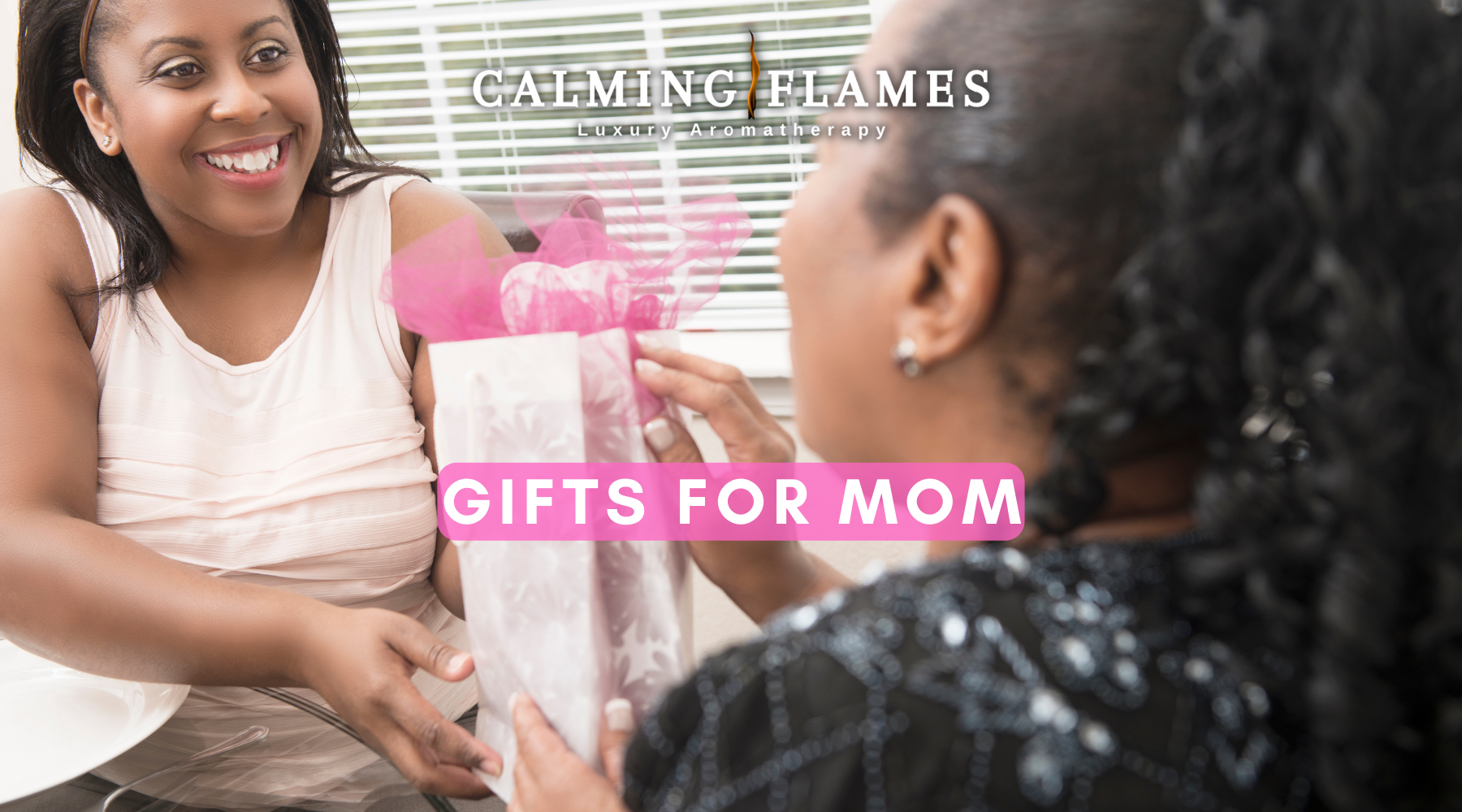Understanding the Science Behind Aromatherapy and Stress Relief
Aromatherapy has long been touted as a natural way to alleviate stress and promote relaxation. But have you ever wondered about the science behind how it works?
The key lies in the olfactory system - our sense of smell. When we inhale essential oils, the aromatic compounds stimulate the olfactory receptors in the nasal cavity. These receptors then send signals to the olfactory bulb in the brain, which processes the information and triggers physiological responses.
Research has shown that certain essential oils, like lavender and chamomile, can have a calming effect on the mind and body. This is because they interact with neurotransmitters and hormones involved in the stress response, helping to lower heart rate, blood pressure, and cortisol levels.
The limbic system, which is responsible for processing emotions, also plays a role. Scents can evoke memories and emotions, which in turn can influence mood and stress levels. This is why certain smells may be more effective for some people than others, depending on their personal associations.
By understanding the science behind aromatherapy, we can make more informed choices about which essential oils to use for stress relief and relaxation. Incorporating this natural therapy into our self-care routines can be a powerful way to support our overall well-being.
Top Essential Oils for Stress Management and Relaxation
Essential oils have long been used for their therapeutic properties, and they can be particularly helpful in managing stress and promoting relaxation. Here are some of the top essential oils to consider for stress management:
Lavender Oil: Lavender is one of the most well-known and versatile essential oils. It has a calming, soothing aroma that can help alleviate anxiety and promote relaxation.
Chamomile Oil: Chamomile oil is known for its anti-inflammatory and sedative properties, making it effective in reducing stress and inducing a sense of calm.
Bergamot Oil: Bergamot oil has a bright, citrusy scent that can help uplift mood and reduce feelings of anxiety and tension.
These are just a few of the essential oils that can be beneficial for stress management. When using essential oils, it's important to use them safely and consult with a healthcare professional, especially if you have any underlying health conditions.
Practical Ways to Incorporate Aromatherapy into Your Daily Routine
Incorporating aromatherapy into your daily routine can be a simple and effective way to promote relaxation, reduce stress, and enhance your overall well-being. Here are some practical ways to incorporate the power of essential oils into your day:
Diffuse Essential Oils: Using an aromatherapy diffuser is one of the easiest ways to enjoy the benefits of essential oils. Simply add a few drops of your favorite oil, such as lavender or bergamot, and let the soothing scent fill the air.
Massage with Essential Oils: Create a relaxing massage experience by blending a carrier oil, such as jojoba or coconut oil, with a few drops of essential oil. Gently massage the mixture into your skin, focusing on areas of tension or stress.
Enjoy an Aromatherapy Bath: Add a few drops of essential oils to your bathwater for a luxurious and rejuvenating experience. Oils like eucalyptus or peppermint can help invigorate the senses, while oils like chamomile or ylang-ylang can promote relaxation.
Practice Inhalation Techniques: Inhale the aroma of essential oils directly from the bottle or by placing a few drops on a tissue or cotton ball. This can be a quick and effective way to experience the benefits of aromatherapy throughout the day.
Light Aromatherapy Candles: Aromatherapy candles offer a simple yet effective way to incorporate stress-relieving benefits into your self-care practices. The power of essential oils, when combined with the soothing ambiance of a flickering flame, can have a profound impact on your mental and emotional well-being.
When selecting aromatherapy candles, look for high-quality options that use pure, natural essential oils. Scents like lavender, chamomile, and bergamot are known for their calming properties and can help ease anxiety and promote relaxation. Experiment with different blends to find the ones that resonate most with you.
Light an aromatherapy candle during your daily meditation or mindfulness practice, allowing the gentle fragrance to envelop your senses. You can also incorporate the candles into your evening wind-down routine, creating a peaceful environment for unwinding before bed. The soft light and soothing aromas can help signal to your brain that it's time to transition into a state of relaxation.
By incorporating these simple aromatherapy practices into your daily routine, you can harness the power of essential oils to enhance your physical, emotional, and mental well-being.
Creating a Personalized Aromatherapy Ritual for Stress Relief
Aromatherapy offers a natural and holistic approach to managing stress and promoting relaxation. By crafting a personalized aromatherapy ritual, you can harness the therapeutic benefits of essential oils to soothe your mind and body.
To begin, consider the essential oils that resonate most with you. Oils like lavender, bergamot, and ylang-ylang are known for their calming and stress-relieving properties. Experiment with different blends to find the scents that uplift your mood and help you unwind.
Once you've selected your oils, decide how you want to incorporate them into your self-care routine. You might create a custom essential oil blend to use in a diffuser during meditation, or add a few drops to a warm bath for a relaxing soak. Alternatively, you can massage a nourishing carrier oil infused with your chosen essences into your skin.
Consistency is key when establishing an aromatherapy ritual. Set aside a few minutes each day to engage in your personalized practice, whether it's deep breathing exercises, journaling, or simply enjoying the soothing aromas. Over time, this mindful routine can become a powerful tool for managing stress and cultivating a sense of inner peace.
The Mind-Body Connection: How Aromatherapy Can Enhance Your Overall Well-Being
Aromatherapy has long been recognized for its ability to positively influence both mental and physical well-being. By harnessing the power of essential oils, this holistic practice taps into the profound mind-body connection, offering a natural way to enhance overall health and wellness.
At the heart of aromatherapy lies the intricate relationship between the olfactory system and the limbic region of the brain, which is responsible for processing emotions and memories. When we inhale the aromatic compounds found in essential oils, they stimulate the olfactory receptors, triggering a cascade of neurochemical responses that can have a profound effect on our mood, cognitive function, and physiological state.
Beyond the mental and emotional benefits, aromatherapy has also been shown to have tangible physical effects. Certain essential oils possess anti-inflammatory, analgesic, and antimicrobial properties, making them valuable tools in the management of various health conditions. From soothing muscle tension to boosting respiratory function, the holistic approach of aromatherapy provides a complementary way to support the body's natural healing processes.
By incorporating aromatherapy into your self-care routine, you can harness the power of this mind-body practice to cultivate a greater sense of balance, resilience, and overall well-being. Whether you're seeking to alleviate stress, improve sleep, or simply enhance your daily life, the transformative effects of aromatherapy are well worth exploring.
Unlock the Transformative Power of Scents to Manage Stress and Improve Your Quality of Life
Scents have a profound impact on our emotional and physiological well-being. By understanding the science behind aromatherapy and incorporating essential oils into our daily lives, we can unlock the transformative power of scents to manage stress, boost mood, and improve our overall quality of life.
From reducing anxiety and promoting relaxation to enhancing cognitive function and supporting better sleep, the benefits of incorporating essential oils into our routines are well-documented. By experimenting with different scents and finding the ones that resonate most with us, we can create personalized aromatherapy practices that address our unique needs and preferences.
As we continue to navigate the challenges of modern life, it's important to remember that simple, natural solutions like aromatherapy can have a profound impact on our well-being. By embracing the power of scents, we can cultivate a greater sense of balance, clarity, and joy in our lives, ultimately leading to a higher quality of life.











Leave a comment
All comments are moderated before being published.
This site is protected by hCaptcha and the hCaptcha Privacy Policy and Terms of Service apply.